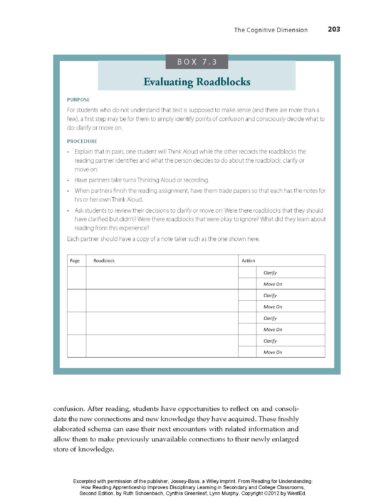For students who do not understand that text is supposed to make sense (and there are more than a few), a first step may be for them to simply identify points of confusion and consciously decide what to do: clarify or move on. This document outlines a classroom procedure for this process.
Classroom Resources
Sample Metacognitive Log Prompts
Early in a course, when students are new to metacognition, prompts such as the ones included here can help them get started keeping a metacognitive log. Many teachers have students write these on a “bookmark” or the inside cover of their log.
My Genre Preferences
Inexperienced readers may benefit from considering the variety of genres from which they can choose an SSR+ book to read. Even for students who know what genres they like to read, the Genre Preferences activity can open them to new genres they might want to consider.
This PDF consists of two pages, with two versions of this activity: one page that includes context for teachers, and one that is blank for student use.
Reflective Reading Logs and Evaluation Rubric
Experienced Reading Apprenticeship teachers have learned that structuring ways for students to need their logs to participate in class is the most important strategy for ensuring that students maintain their logs.
This PDF contains a sample evaluation rubric for student reflective reading logs.
Rubric for Student Self-Assessment of Collaborative Work
Students often need help understanding what is required of them in collaborative group work. A rubric such as this one, adapted from a self-assessment rubric that team teachers Allie Pitts and Andrew Hartig provide their high school students, focuses students on their responsibility for the work of the group as a whole.
Student Learning Goals: Mathematics
Student Learning Goals let students in on all the ways they can expect their reading and learning to grow in a Reading Apprenticeship classroom. They also allow the teacher and students to monitor growth.
The learning goals are organized in sets that parallel the Reading Apprenticeship framework: social dimension, personal dimension, metacognitive conversation, cognitive dimension, and knowledge-building dimension. In each subject area, the set of goals is the same in the social and personal dimensions and for metacognitive conversation.
The learning goals vary somewhat by subject area in the cognitive dimension and are entirely discipline-specific in the knowledge dimension. This resource provides Student Learning Goals for mathematics.

